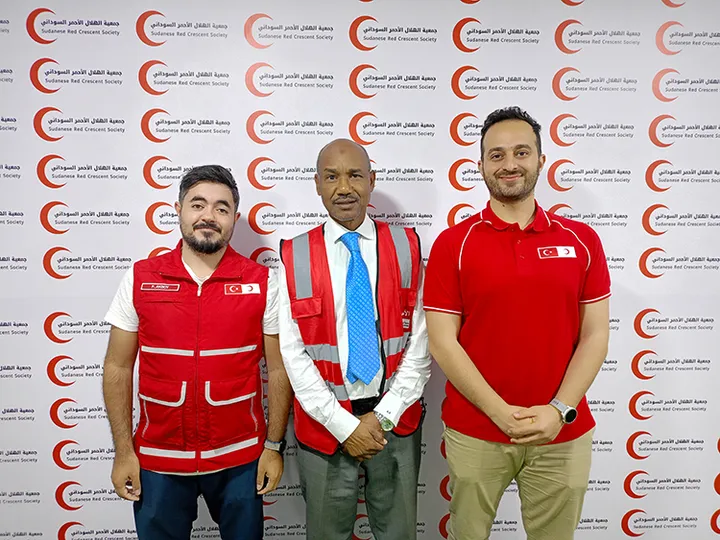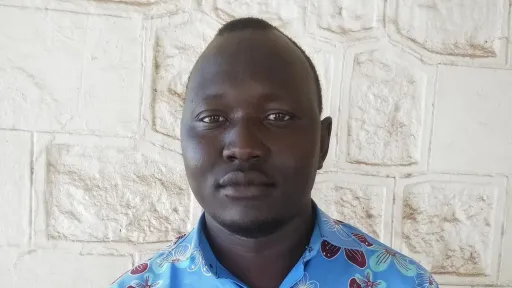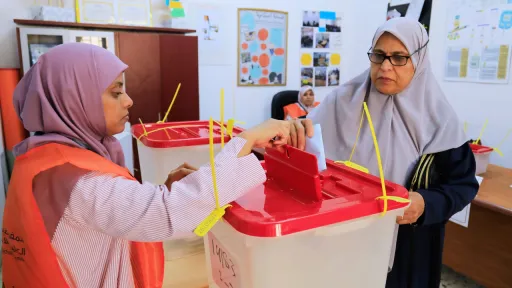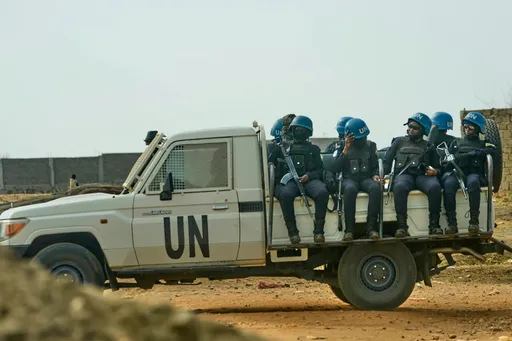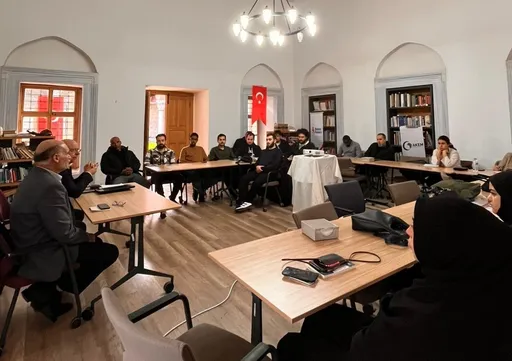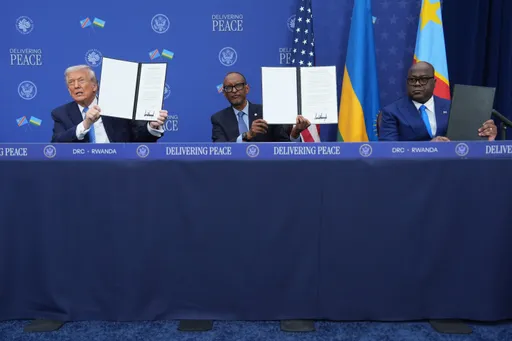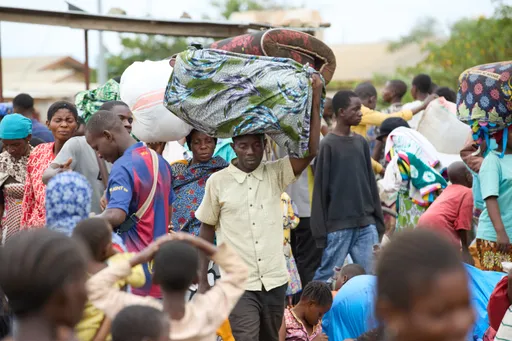The International Committee of the Red Cross (ICRC) says Israel's evacuation order of Gaza has triggered catastrophic humanitarian consequences.
"People have nowhere safe to go and many, including the disabled, elderly, and sick, will not be able to leave their homes," ICRC's statement reads in part:
With more than 1,500 Gazans already killed in Israel's revenge attack, the humanitarian organisation has expressed concern saying: "Today, it is impossible for Gazans to know which areas will next face attack."
ICRC is scaling up efforts to provide life-saving relief despite instructions to international organisations to leave.
'Pause fighting'
"But our teams will require pauses in the fighting to work safely and effectively. With a military siege in place, humanitarian organisations including the ICRC will not be able to assist such a massive displacement of people in Gaza."
According to ICRC, increasing aid operations is paramount as the needs are staggering.
The organisation also condoled with Israeli families who lost family members during the ambush attack on Saturday 7 and called for immediate release of those taken hostage by the Hamas fighters.
"Nothing can justify the horrific attacks Israel suffered last weekend," the statement reads.
"But those attacks cannot in turn justify the limitless destruction of Gaza. The parties must not neglect their legal obligations regarding the methods and means used to wage war," it adds.
Rules of war
According to ICRC, the instructions issued by the Israeli authorities for Gazans to immediately leave their homes, coupled with the complete siege explicitly denying them food, water, and electricity, are not compatible with international humanitarian law.
"When military powers order people to leave their homes, all possible measures must be taken to ensure the population has access to basic necessities like food and water and that members of the same family are not separated.''
Gaza, described as an open-air prison, is a territory of about 365sq km and has been home to more than two million people.

